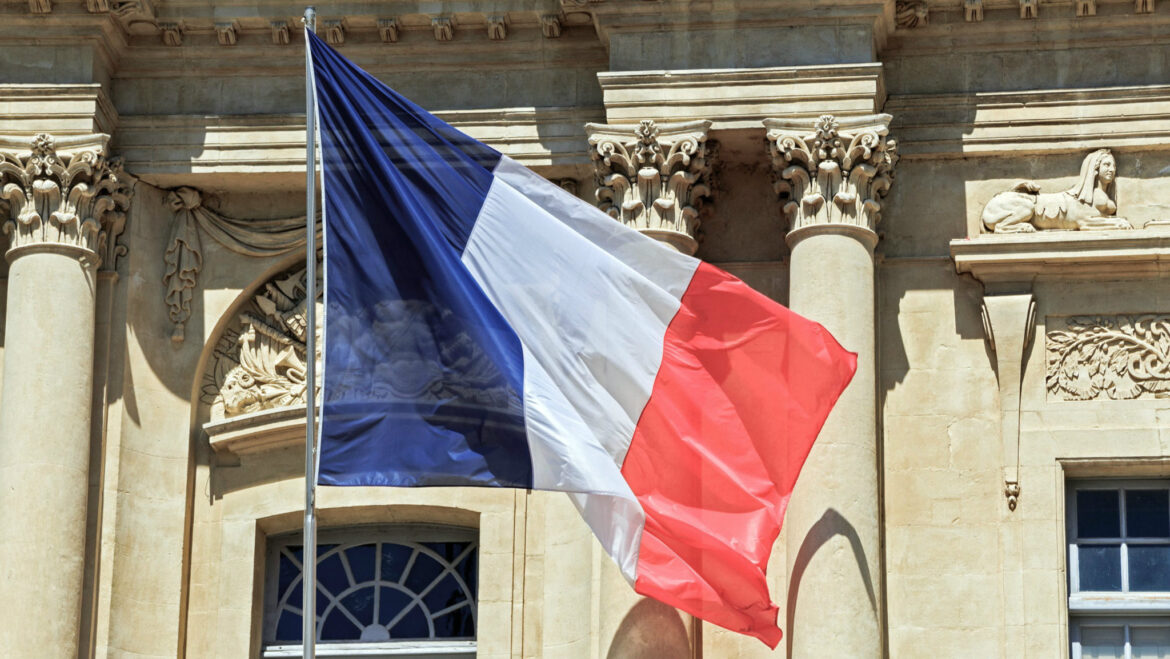French sports officials staged a dramatic protest by walking out during a speech by Marie Barsacq, the newly appointed sports minister, in response to the government’s proposed 33% cut to the sports sector’s budget. This move has stirred significant controversy, particularly given the recent success of the Paris 2024 Olympics, which brought the world’s attention to France’s sports capabilities. The walkout symbolizes the growing frustration within the sports community over what is seen as a betrayal following the major international event.
Earlier in January, Finance Minister Eric Lombard announced the government’s ambitious plan to save 50 billion euros ($52 billion) as part of the 2025 national budget. The proposed cuts are part of a broader effort to rein in public spending and reduce France’s budget deficit, which is expected to fall between 5.0% and 5.5% of GDP. Lombard emphasized the need for these austerity measures to ensure long-term economic growth and to address the growing fiscal challenges facing the country.
However, this austerity strategy has caused alarm in the sports sector. Many argue that cutting funding from sports programs after a successful Olympic Games is short-sighted and counterproductive. Marie-Amelie Le Fur, president of the French National Sports Agency (Agence Nationale du Sport), directly addressed the new minister during the meeting, expressing frustration at the timing of the cuts. Le Fur remarked, “How can we let this slide after the summer we’ve had?” referencing the global attention and success generated by the Paris Olympics. She urged Barsacq to advocate for the sports sector within the government, emphasizing that continued support is vital for the future of French sports.
As Barsacq began her speech at the National Olympic Committee’s (CNOSF) headquarters, the tension in the room became palpable. Approximately 30 sports officials, including leaders of various sports federations, walked out in protest. Their exit made a clear statement against the government’s proposed cuts and underscored the level of dissatisfaction with the current approach to the sports budget. In a scathing letter sent to Prime Minister Francois Bayrou, CNOSF president David Lappartient criticized the government’s “incomprehensible budgetary trajectory.” Lappartient, who is also a candidate for the International Olympic Committee (IOC) presidency in March, warned that these cuts could undermine France’s standing as a leader in global sports and hinder future investments in sports infrastructure and development.
The French government is currently in the process of drafting the 2025 budget, which is set to be voted on by parliament next month. In anticipation of potential opposition to the proposed austerity measures, Finance Minister Lombard has already begun consulting with opposition parties. This strategy is intended to avoid a repeat of the December no-confidence vote that forced the previous government to fall, as it faced widespread public backlash over similar fiscal tightening proposals.
The walkout and the ongoing protests by sports officials are likely to fuel further debates on the future of sports funding in France. Critics argue that the government’s proposed cuts could have far-reaching consequences on grassroots sports development, athlete support, and the broader sports industry in France. While the Paris Olympics were a monumental success, they also demonstrated the significant investments required to host such a global event. Cutting funding now could jeopardize future opportunities to build on that success and maintain France’s competitive edge on the international sports stage.
In her remarks, Minister Barsacq has indicated that she understands the frustration of the sports community but maintains that fiscal responsibility must take precedence. She has called for a balanced approach to the budget, one that supports economic recovery while still addressing key sectors such as sports. However, her critics argue that the government must prioritize the long-term benefits that sports bring to the economy, including job creation, tourism, and national pride.
As the budget negotiations continue, the conflict between the French government and the sports community is likely to intensify. The government must find a way to balance its fiscal goals with the needs of the sports sector, which has shown its ability to unite the nation and elevate France’s international standing. Whether a compromise will be reached remains to be seen, but the ongoing tensions highlight the crucial role that sports play in French society, not only as a source of entertainment and national pride but also as an economic driver.


